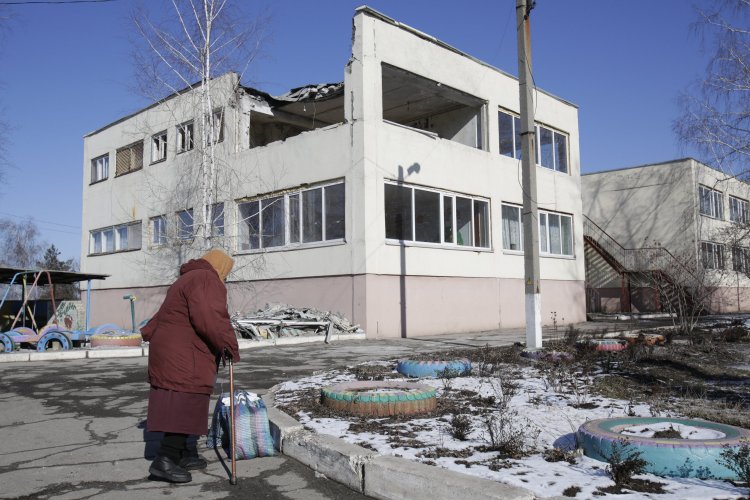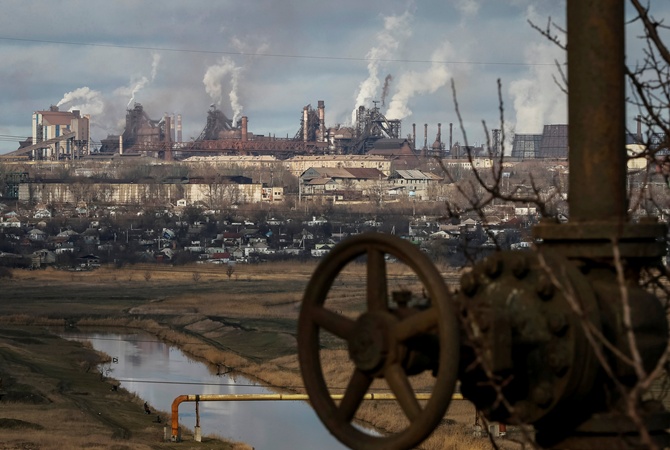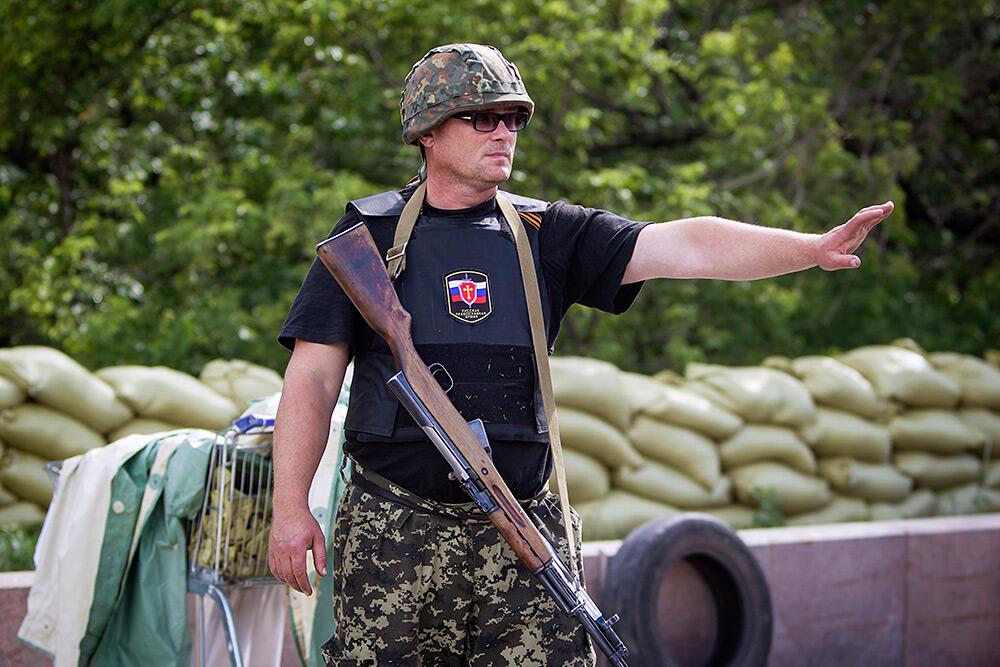The current lull in the fighting in the Donbas is “one of the tactical elements in the Kremlin’s efforts to get out of open confrontation with the West and offer the West a new deal – the idea of a global anti-terrorist coalition,” Lilia Shevtsova says; but it does not represent a change in Vladimir Putin’s strategy.
That strategy remains exactly what it was: to ensure that Moscow has sufficient leverage to block Ukraine from becoming part of the West, she says. But now that effort is likely to take the form of economic and political pressure, although the threat of military force will remain as blackmail.
“The partial ceasefire and lull in the Donbas clearly testified to the exhaustion of a particular model in Kremlin policy,” the Russian analyst says, “the model of forcible pressure on Ukraine.” Moscow has recognized this for some time and sought a way out “without the loss of face” and “with the preservation of a mechanism for influence on Kyiv.”
Shevtsova adds that she does not think that “the return of the DNR and LNR to Ukraine is something real in the near future given the maintenance of an open border with Russia and separatist control over these formations.” Moreover, “the Kremlin is hardly ready to completely surrender these enclaves.” Whether Ukraine really wants them back is another question.
What is clear is this: “Moscow wants to get out from the sanctions regime,” and it “doesn’t need ‘a black hole’ in the Donbas” which it would have to continue to put money into. Thus, she says, the Russian authorities will tighten their control of the border with Ukraine to “prevent the flow of arms and separatists with arms into the territory of Russia.”
According to Shevtsova, the Kremlin understands that it has gotten itself into a dead end and that the use of more force now would be counterproductive. But it also understands that it will be able to achieve what is wants – keeping Ukraine “in a neutral strategic zone outside of NATO guarantees” – if uses other means, while keeping the threat of force in place.
No one should be fooled by what Putin is doing, she suggests. “For Moscow, Ukraine remains a part of the domestic agenda” of his Russia. And thus “the lull means only a change of Kremlin tactics but not of its strategy.”








